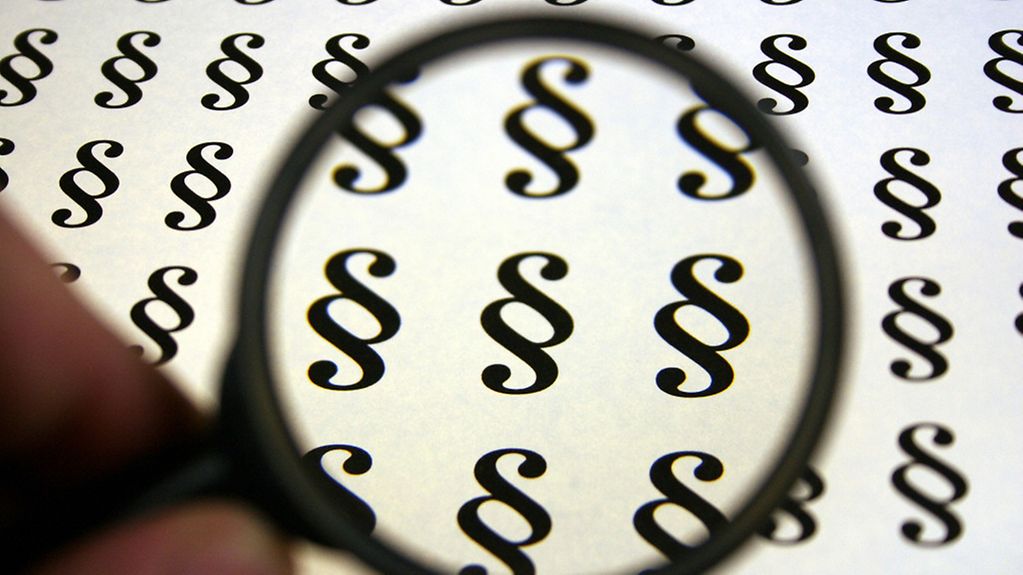Cultural property
Protecting, preserving and maintaining cultural property for coming generations: In Germany, this is the shared responsibility of the Federation and the federal states. Such cultural goods are not only of national significance for the Federal Republic, but also part of the cultural heritage of mankind.
1 min reading time

Grütters: Registration as having national significance is not expropriation.
Photo: BilderBox
While preserving cultural property is primarily the task of the federal states, the Federation is responsible for legislation in two areas: firstly, protecting cultural assets of national significance from being exported abroad; and secondly, protecting other countries’ cultural assets which have been imported to Germany illegally and must be returned. After a thorough evaluation PDF, 55 KB, barrier-free of existing law, the Federal Government decided to undertake a comprehensive reform.
New Act to Protect German Cultural Property in 2016
In order to improve the protection of cultural goods and take more effective action against trafficking in cultural property, the Federal Government will combine existing legislation on the protection of cultural property into a new, uniform act which also implements new EU law, Directive 2014/60/EU of May 2014. The new act will improve the implementation of the 1970 UNESCO Convention and will bring German law into line with international standards.
Clear rules for import, export and due diligence when buying cultural goods will also be good for the art market in Germany. Professor Monika Grütters, Federal Government Commissioner for Culture and the Media, recently presented draft legislation PDF, 186 KB, not barrier-free to this effect for approval by the federal ministries. Depending on how the bill progresses through the parliament, the new law should enter into force in the first half of 2016.